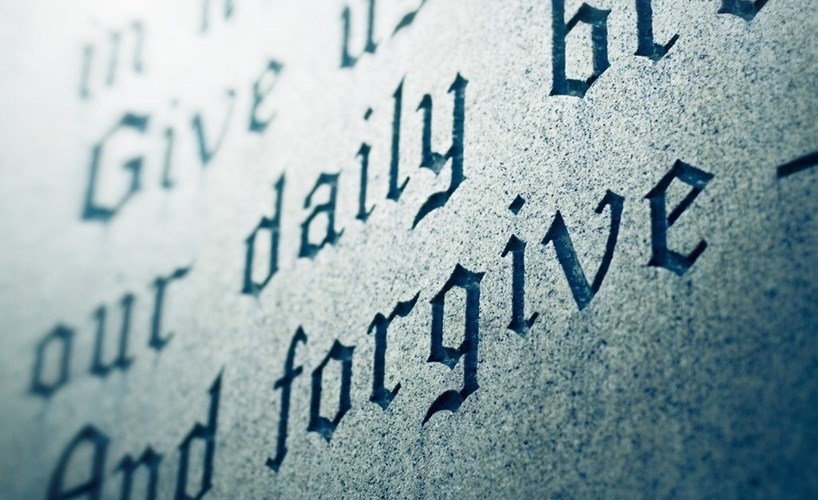
Leave all your worries with him, because he cares for you. — 1 Peter 5:7
In the past six months, I've said goodbye to three close friends. All of them lived in a different state than me. I hadn't talked to any of them in the weeks or months before they passed, but at one time in my life, I would have called each of them either my best friend or one of my very closest. There's nothing to really ease the guilt that comes from knowing it's too late to make one last phone call or send a text checking in or call to hear their voice one more time. There's no platitude that makes it hurt less that they're "in a better place" or they "no longer feel any pain." While that may be true for the deceased, the irony is those of us left behind aren't necessarily better with that person gone. It's only logical that grief follows loss.
During periods of bereavement, I struggle the most with forgiving myself for not taking or having the time to connect with my departed loved ones. It doesn't do any good to beat myself up, I know, but it is incredibly human. Long distance friendships are hard; life gets busy; priorities change. It's impossible to spend enough time dedicated to every person, responsibility, and past time without failing miserably at everything. It's just as difficult for me to forgive myself for not being able to do it all. I suspect I'm not the only one who feels this way. We're almost always harder on ourselves than anyone else.
The good news is none of us has a monopoly on forgiveness because we all do it poorly. The better news is that we have a God who loves and forgives us perfectly. All we have to do is ask for it. The period of Lent is a time to sacrifice something that keeps us separated from God. So, instead of giving up something that makes me feel good, I'll work on eradicating that which allows wounds to fester. I'll let go of the illusion I'm infallible and work on forgiving myself.





